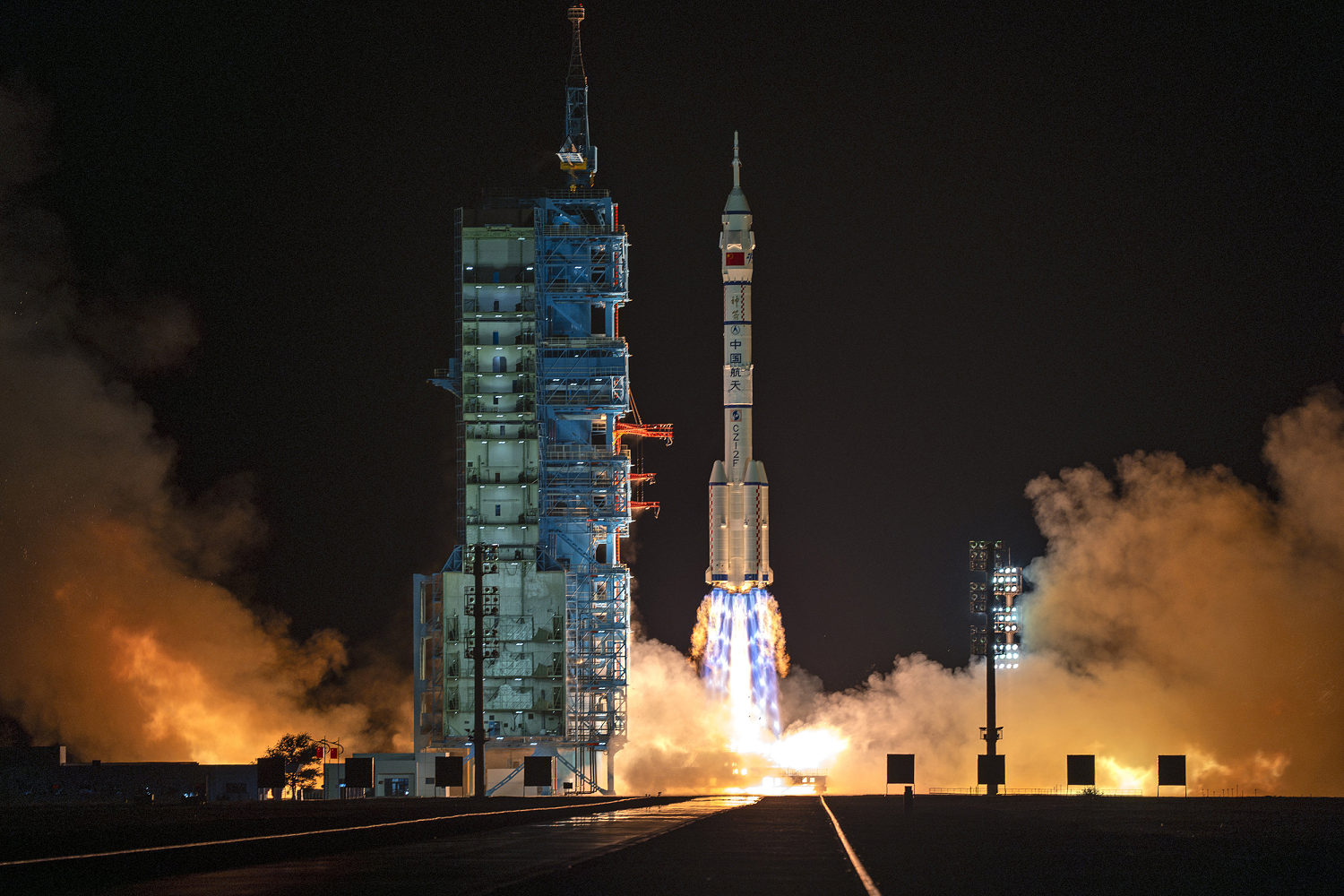India's growing influence means trouble for China’s alliance

China and India unexpectedly concluded a border agreement last week at the 16th annual summit for its BRICS (Brazil, Russia, India, China and South Africa) grouping.
Analysts labeled the deal historic.
“Himalayan Thaw Sends Shockwaves Across the World,” wrote Zorawar Daulet Singh, author of “Powershift: India-China Relations in a Multipolar World,” in India Today.
But not everyone is so optimistic. And the doubters are right to be cautious: President Xi Jinping and Prime Minister Narendra Modi did not fundamentally alter China-India ties with their interim pact.
In short, both countries agreed to pull back troops at two points in Ladakh, in the western Himalayas. Previously, they were “eyeball-to-eyeball,” at Depsang and Demchok. In June 2020, China launched a surprise attack in Ladakh, killing 20 Indian troopers. Relations between the two giants have been tense since.
Indian analyst Brahma Chellaney has expressed skepticism as to what the two sides actually accomplished at the BRICS summit. “Despite the latest developments raising the prospect of a thaw, India and China, as their statements show, differ on what the problem is at the border and even on what they have agreed upon in recent days,” he wrote on Oct. 24.
It’s clear the two sides did not deal with the underlying issue: conflicting territorial claims in Ladakh and other areas. China claims large portions of India, especially India’s state of Arunachal Pradesh.
Some observers have said the disengagement agreement has far broader geopolitical significance. As Tom Porter and Hannah Abraham argued in Business Insider, “The deal is a snub to the U.S., that’s been building an alliance of powers to counter China.”
The implication is that the U.S. has been selfishly trying to contain China. In reality, for years the U.S. had tried its best to engage the Communist Party, integrate it into the international community and entice it into responsible behavior. That effort has failed, and now a once-reluctant Washington is reacting to pleas in the region to show leadership.
Washington reacted by forming new groupings dedicated to integrated defense, such as the trilateral agreement comprised of Japan, the Philippines and the U.S. There is also a similar arrangement which includes the U.S., South Korea and Japan.
AUKUS is the security partnership formed in 2021 by Australia, the United Kingdom and the U.S. And then there is the Quad, which is the group of Australia, Japan, the U.S. and India.
Analysts are saying the border pact with China will affect the cohesiveness of these partners.
“The thaw in India-China relations is a boon to both countries,” Zhiqun Zhu of Bucknell University told Voice of America. “This is particularly significant for China because India may now be less inclined to confront Beijing as part of Quad. In this sense, the effectiveness of Quad would be diluted with a less enthusiastic India.”
Zhu is amplifying a misleading Chinese narrative. India needs the Quad more than the three other Quad members need India. And it’s unlikely India will be drawn anywhere near the Chinese orbit, because New Delhi knows that the Communist Party of China believes it cannot coexist with a strong, unified Indian state.
That Indian perception means the BRICS grouping will never be effective as long as India is part of it.
“India is deeply uncomfortable with the idea of China hijacking BRICS to advance an anti-Western agenda,” the American Enterprise Institute’s Sadanand Dhume told me. “India needs Western capital, know-how and markets for its economic modernization. It cannot afford to pick a fight with the West that may help Beijing but would only hurt New Delhi’s long-term interests.”
India does not see itself as part of the West, of course, but it does not want to be perceived as anti-Western. This means China will never be able to use BRICS against the West as long as India is a member. So far, New Delhi has stymied Chinese efforts to use the group to reorder the world as Beijing would like.
India is becoming more important, something not good for China.
“As a rising geoeconomic power, India is becoming too big for BRICS, especially now that many lesser powers have joined the grouping,” said Kamran Bokhari of the New Line Institute for Strategy and Policy.
BRICS, which started with four members and now has nine, is becoming too big and too diverse to be effective, and these problems will only get worse as China arranges for new members to join.
Soon, BRICS will suffer the same ills as the ineffective G20 and even the United Nations. In contrast, the Japan-South Korea-U.S. agreement and AUKUS are all small, with all members perceiving their interests to be closely aligned.
In any event, irreconcilable differences between China and India remain and are bound to worsen as China weakens and India grows stronger. A decade ago, Chinese analysts thought they had to break up India while Beijing still had the power to do it.
Under Xi Jinping’s rule, China has expanded its sovereignty claims to cover more Indian territory, an indication he believes he must go hard against New Delhi. That view suggests any Sino-Indian thaw will not last long.
Gordon G. Chang is the author of “Plan Red: China’s Project to Destroy America" and "The Coming Collapse of China.”
-

China's new crew has arrived at space station in sign of growing influence in field
Tech - ABC News - October 30 -

China's new crew has arrived at space station in sign of growing influence in space field
World - ABC News - October 30 -

China’s new crew arrives at space station in sign of growing influence in space field
Top stories - NBC News - October 30 -
Putin touts growing BRICS alliance as answer to West's "perverse methods"
Top stories - CBS News - October 24 -
OpenAI to present plans for U.S. AI strategy and an alliance to compete with China
Business - CNBC - November 13 -

India is key to rescuing Joe Biden’s troubled foreign policy legacy
Politics - The Hill - October 29 -

What 23andMe business troubles could mean for users' genetic data
Top stories - ABC News - November 13 -
Nvidia Deepens India Ties With Reliance Partnership, Expanding AI Reach Through Alliances
World - Yahoo News - October 24
More from The Hill
-

Trump's NATO tightrope: Reforming the alliance while wrangling Capitol Hill
Politics - The Hill - 25 minutes ago -

Bezos pushes back on Musk claim he said Trump would lose
Politics - The Hill - 36 minutes ago -

Former Ethics panel chair ‘wouldn’t be at all shocked’ if Gaetz report released
Politics - The Hill - 48 minutes ago -

Graham knocks ICC over Netanyahu, Gallant: 'A dangerous joke'
Politics - The Hill - 53 minutes ago -

Rahm Emanuel is a terrible choice for DNC chair
Politics - The Hill - 55 minutes ago
